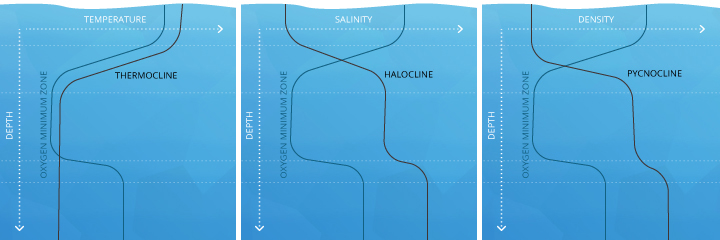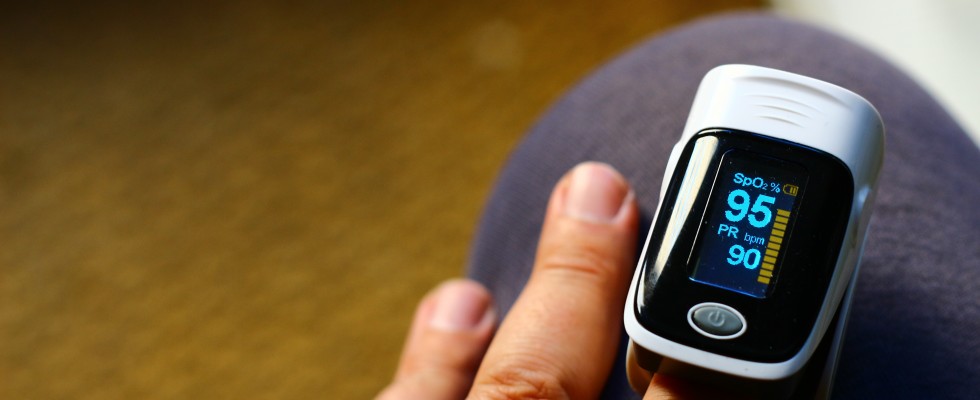One of the most popular questions which people have is how low can their oxygen level go before they die. There are various reasons behind asking the question. One of the reasons is before going mountain climbing or even swimming. An understanding of how low a person’s oxygen level can go will allow them to make the right decisions to stay alive and healthy.
As mentioned in previous articles sleep apnea is a serious condition which many people suffer from. Knowing about the oxygen level can help people with the condition.
What are normal readings? A normal level of oxygen is usually 95% or higher. Some people with chronic lung disease or sleep apnea may have normal levels around 90%. The “SpO2” reading on a pulse oximeter shows the percentage of oxygen in someone’s blood. If your home SpO2 reading is lower than 95%, call your health care provider. Any value of blood oxygen level bellow 92% is abnormal. However, the number of desaturations and the time spent with abnormal oxygen levels is important. For example, if you only desaturated below 92% once or twice during a 7 hour sleep, and the desaturation level lasted only a couple of seconds, it's not a reason for worry. Low blood oxygen, known as hypoxemia, means that the level of oxygen in the blood has dropped below average, normal levels, due to one or more of many different causes. Under most circumstances, breathing room air, normal readings range from 95 to 100 percent.
What is Sleep Apnea?

It is a critical sleep disorder where people experience their breathing stopping and starting repeatedly. You might even have sleep apnea if you snore loudly and experience exhaustion after a good night’s sleep. The most common type of sleep apnea occurs when the throat muscles relax, known as obstructive sleep apnea.

Breathing properly is vital and long-term sleep disorders have serious health implications such as an increase in the incidence of heart problems, diabetes, and high blood pressure.

What is the normal and low oxygen level?
Low oxygen level indicates that the treatment you are undergoing for sleep apnea isn’t effective. Low oxygen levels in the blood are something that patients with sleep apnea suffer from. A normal blood oxygen level should be anywhere between 94 percent and 98 percent.
Oxygen level drops to 80 percent or less due to not breathing for 30 seconds or more when sleeping. Anyone that has an oxygen level under 90 percent requires intervention as it is dangerously low for the body. The brain only has the ability to survive for up to 4 minutes if oxygen gets completely cut off.
Oxygen Levels during Sleep Apnea
The upper airway muscle tone during sleep tends to be narrow which makes it collapse temporarily in sleep apnea patients. As this happens, the breathing would stop along with a drop in blood oxygen levels. You will feel tired during sleep since the oxygen levels would drop, contributing to restless sleep. The carbon dioxide levels would start to build up as the oxygen levels drop. Sleepiness, fatigue and morning headaches would be felt during the day due to this.
How does Oxygen Levels Due to Sleep Apnea Impact the Body?
If the blood oxygen levels drops below 92 percent, it is considered to be abnormal. However, what is more, important to be considered is the amount of time spent with the abnormal oxygen levels and the number of desaturations. But, if the desaturated levels below 92 percent are experienced just once or twice within a 7 hour sleeping period and if it lasted for just a few seconds, then it is nothing to worry about. Experiencing long low oxygen levels, on the other hand, will seriously affect your health. It leads to the following.
- Fluid buildup in your body
- Heart rhythm problem
- Stroke
- Heart Failure
- Increasing pressure on your heart’s right side

How to monitor your Blood Oxygen Levels?
Low Oxygen Levels Elderly

Now, normally it will your doctor who will discover that your blood oxygen levels are low or under the minimum 90 percent requirement. It is probably due to the oxygen levels dropping in the night. Sleep apnea is the cause of this or any other respiratory disorder such as UARS. Overnight monitoring would be recommended by the doctor for your oxygen levels using the oximeter that would be attached to the finger. Oxygen levels will be recorded by this device along with the pulse rate as you sleep.
It is important to follow up with the sleep study to ensure that the right actions are taken. Your short term memory and other cognitive functions would be damaged, as well as a heart attack and stroke in your sleep would occur with a continued drop in oxygen levels.
Dangers Of Low Oxygen Levels
How to treat Sleep Apnea Oxygen Level?
Ideal Oxygen Level In Human Body
Anyone that has sleep apnea would use a CPAP machine to be treated. Oxygen levels will improve and return to normal levels if apnea episodes disappear. Sleep apnea is a serious condition with severe consequences, it is vital to get treated as early as possible.
